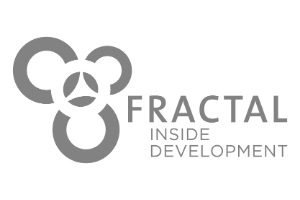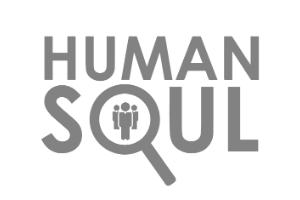WHAT IS HAPPENING INSIDE MEXICAN COMPANIES?
According to OECD figures, despite the fact that Mexicans are the ones who invest the most time in our workday with 2,258 average hours per year, we represent the penultimate country in terms of labor productivity, so making quick and simple numbers would require five Mexican workers to achieve the productivity of a single Irish worker.
It is a reality that we commonly find workers who reflect a negative attitude, whether in the box of a self-service store, a bank branch, a government office, we observe people who do not smile, who reflect tiredness, anguish or irritability.
It is not by chance that the World Health Organization has recognized that by 2020 depression will be the leading cause of disability in the world in developing countries such as Mexico, and this is clear when we see that we are one of the countries with higher rates of job stress according to the OECD, which affects 43% of workers in our country.
But this is not new, 10 years ago the portal work.com identified through a survey to 2,600 employees that 74% of Mexicans do not like their job, but despite this only 1 in 5 workers is looking to change their employment, which could represent that more than 50% of our workforce has fallen into a job resignation that affects high levels of apathy and poor productivity.
The European Agency for Safety and Health at Work recognizes psychosocial risks and stress as one of the main problems that are affecting the health of people, organizations and the economy of nations.
WHAT IS THAT OF PSYCHOSOCIAL RISKS?
They were first identified by the International Labor Organization in 1984 and are defined as factors arising from deficiencies in work design, organization and management, such as: excessive workloads, conflicting instructions, undefined roles, insecurity. in employment, poor communication, job inequality, discrimination, harassment and violence
What measures are we taking in Mexico? incredible as it may seem as of October 2019, all work centers will be obliged to comply with the Official Mexican Standard NOM-035-STPS-2018, which establishes the mechanisms for the identification, analysis and prevention of psychosocial risk factors at work.
This represents a great advance since it will allow us to have visibility on factors that affect workers with respect to the work environment, time organization, leadership and relationships at work. From my perspective, this represents a great opportunity to positively impact productivity, as long as the workplaces adopt this regulation at a cultural level and not only adopt measures to ensure compliance and avoid the corresponding sanctions.
We must recognize that the satisfaction of a worker goes far beyond the salary or the compensation plan and that the recognition of psychosocial risk factors at work could represent the beginning of a new labor reality in Mexico.
Let’s change our bad work practices and significantly impact the satisfaction of people and the productivity of organizations.
Author: Arístides Ramírez









